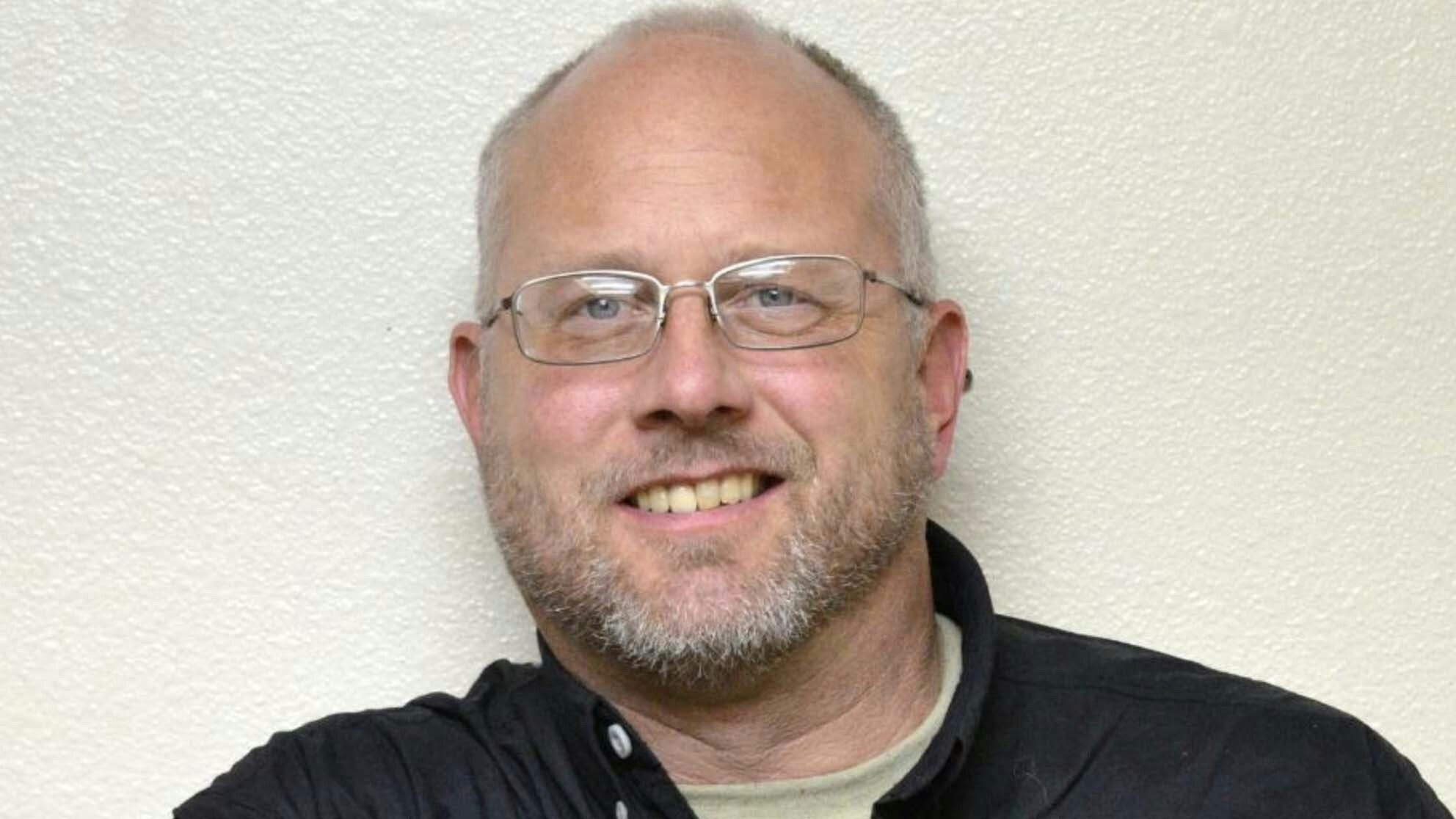House Bill 92 “Abortion prohibition-supreme court decision” earned the unanimous approval of the Senate Labor committee last Monday. Before that, it cleared the House by a 43-16 margin. There, opponents of the bill raised the emotional issue of rape conception.
Representative Provenza (D-Laramie) shared her own story of rape and wondered, “what would happen if I was pregnant?” It’s a fair question. Even well-meaning people who speculate about the needs and feelings of such women, are only guessing. So, I sought out two women to give them voice.
Meet Kristi Kollar. This native of Afton, Wyoming, had just earned acceptance into the American Musical and Dramatic Academy—a world-renowned acting school in New York. Then her life changed. A classmate driving her home from school raped her in his car and she became pregnant.
“When I found out I was pregnant,” she said, “I remember just, immediately, knowing that I had a life.” This motivated her to learn the facts and write about them. “I felt her [my baby] like, kicking and moving, and she had hiccups while I was writing this essay.” This was her 20th week, “And I remember thinking, I don’t know how anyone can feel this and still go through it [abortion].”
At that point in our conversation, her three-year-old daughter wandered into the room. Kristi apologized for the interruption, but it was no interruption, at all. This child was the reason for our conversation. We were speaking, not about abortion, but about a person. Still, with the child in the room, the question I planned to ask caught in my throat.
When she left and was no longer within earshot, I swallowed hard and asked: “Was there ever an impulse where you just feel like this baby growing in me is a daily reminder of what happened to me?” Kristi’s reply was immediate: “No.” There were a thousand challenges that the pregnancy brought on, not the least of which was the prospect of losing her dream education. But, “it was never, like, because it was ‘a reminder.’”
“When I look at Addy, and when I looked at her the day she was born, and every day that I look at her, I don’t see ‘a reminder.’ I see the person who got me through all that… I don’t know how I would have recovered from my assault if it had not been for Adeline. I think that would have been an even deeper wound than it already is.”
Ashley Sigrest agrees. She doesn’t just think it; she knows it. Ashley was drugged and raped in the spring of 1998. When she learned that she was pregnant, she didn’t want an abortion. She wanted an escape. But she believed those who promised her that abortion would give her escape.
Choiceless, she remembers “thinking, every day, that I HAD to go to the abortion clinic.” Still, she secretly mused, “If someone was out there screaming at me, maybe I’ll be too scared to go through with it… or [maybe] someone would intervene on my behalf.”
Once at the clinic, she told the receptionist that she had been raped, and said, “I don’t want to do this.” “No one cared that I had been raped. No one cared that I was not sure [about the abortion].” Instead, she laments, “they tell you THE BIG LIE, that you can just have the abortion and go on with your life as if nothing had happened.”
Too late, Ashley learned the truth. “My abortion did not help my rape… I ended up getting diagnosed with PTSD because of the abortion.” The escape she sought only took her son, Joshua Schuyler, and gave her another injury, deeper than the first. “Abortion is not the answer for a rape victim.” Rather, “It just really prolonged my healing from my assault.”
Representative Lebeau (D-Ethete) claimed otherwise in debate on the House floor. She supposed that this bill would “allow the pregnant victim to be reminded every living moment of the very intimate horrifying crime done to them.” I asked Ashley and Kristi if that is true.
“Regardless, the rape victim is going to think about the attack, always,” Ashley replied. “But if you add abortion on top of that, then you’re adding a whole new layer of trauma and victimization.” Kristi answered, “People who think that way aren’t bad people. They just don’t understand. And they have been lied to by a system that knows how to lie very well.”
Kristi didn’t miss her dream education, either. Last spring, she became the first mother, ever, to graduate from the American Musical and Dramatic Academy. “The narrative is that you can’t continue life afterward. But I felt so empowered that I could do both. That I was capable of going to school and still having Addy—that I was capable of healing and being a good mom despite what had happened.”
Ashley, also, has healed from both the assault and the abortion. Now she advocates for women like herself: “Women deserve better than abortion. Rape victims deserve better than abortion.”





